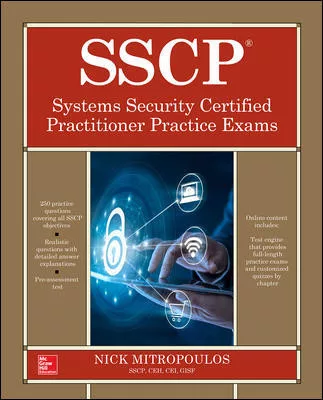Next Step: Certified Protection Officer Instructor

Certified Protection Officer Instructors help facilitate the delivery of the CPO program in the classroom. This enables large employers to run academy type classes.
As chief security officers and security directors know, solid training starts with solid instructors.
In response to requests by employers to deliver the Certified Protection Officer (CPO) program in a traditional classroom environment, the International Foundation for Protection Officers (IFPO) developed the Certified Protection Officer Instructor (CPOI) process. Originating in 2001, there are now hundreds of CPOIs throughout North America, Europe, Saudi Arabia and the Caribbean.
The program’s growth is impressive when considering the history of other professional certifications for instructors. The latter have either not grown appreciably or have become defunct. Not so with the CPOI. It continues to expand due to the rapidly expanding demand for CPOs by employers of security personnel.
EMPHASIS ON COMMITMENT
CPOIs are veteran instructors who have demonstrated a commitment to excellence. These are individuals who have completed the CPO requirements and have additional experience teaching and in the security industry. They also have undergone some formalized instruction in adult learning/human resource management. They must also have received some type of certification in how to instruct such as first aid, Oleoresin Capsicum Aerosol Training or similar programs.First and foremost, CPOIs help facilitate the delivery of the CPO program in the classroom. This enables large employers to run academy type classes. Some organizations even provide training academy instruction to external customers as well as their own personnel. Generating revenue while increasing organizational development is an attractive option. This becomes even more so when the academy host can use it as a recruitment tool.
Faculty at secondary schools offering protective services programs can also benefit from earning the designation. So too can those teaching at colleges and universities. The CPOI can be an important step towards tenure and promotion. It can also aid in credentialing faculty where there is a paucity of terminal degrees in security management. This is important for institutions that teach homeland security, security management or administration of justice programs.
Mentoring is another key role of CPOIs. The importance of this cannot be overemphasized. Protection officers, investigators and supervisors all need mentoring throughout their careers. They will engage in formal developmental efforts such as the IFPO’s crime and loss investigation program, state peace officer certification or advanced emergency training of some type. They may also seek professional certification: Many managers completed the CPO process early in their career, then progressed into the certified security supervision and management program, earning a supervision designation. Later on as their career progressed, they attained the CPP through ASIS International. CPOIs can tutor these folks as well as those completing formal in-house instructional programs.
ONE-ON-ONE TRAINING
Of perhaps greater relevance within the realm of security officer training is that a large percentage of that training must be one-on-one. As a single officer or loss prevention agent is hired, he or she receives instruction by a supervisor or manager within the organization. The CPOI can more readily fulfill this function, especially since they are already coordinating the training program.Such an approach provides a learning specialist, the CPOI, to address a developmental task. It also frees up supervisory personnel so that they can focus on operational issues. Managerial time spent in instruction can be a major drain on an organization’s budget; planning for this expenditure with a specialist may save significant funds.
Additionally, having a “learning consultant” on staff can help to harness the incredible array of distance learning options available. Both commercially provided and proprietary online programs aid in organizational development in a cost-effective manner. They also reduce the time spent on learning by roughly 30 percent. Distance education also helps facilitate scheduling of learning; it makes training possible where it otherwise would not be. A CPOI can aid this process by helping to coordinate it. They can also reinforce it by mentoring, tutoring, giving review classes, for example. A “learning consultant” can make training and development a living, breathing endeavor, which provides significant return-n-investment over time.
Looking for a reprint of this article?
From high-res PDFs to custom plaques, order your copy today!





